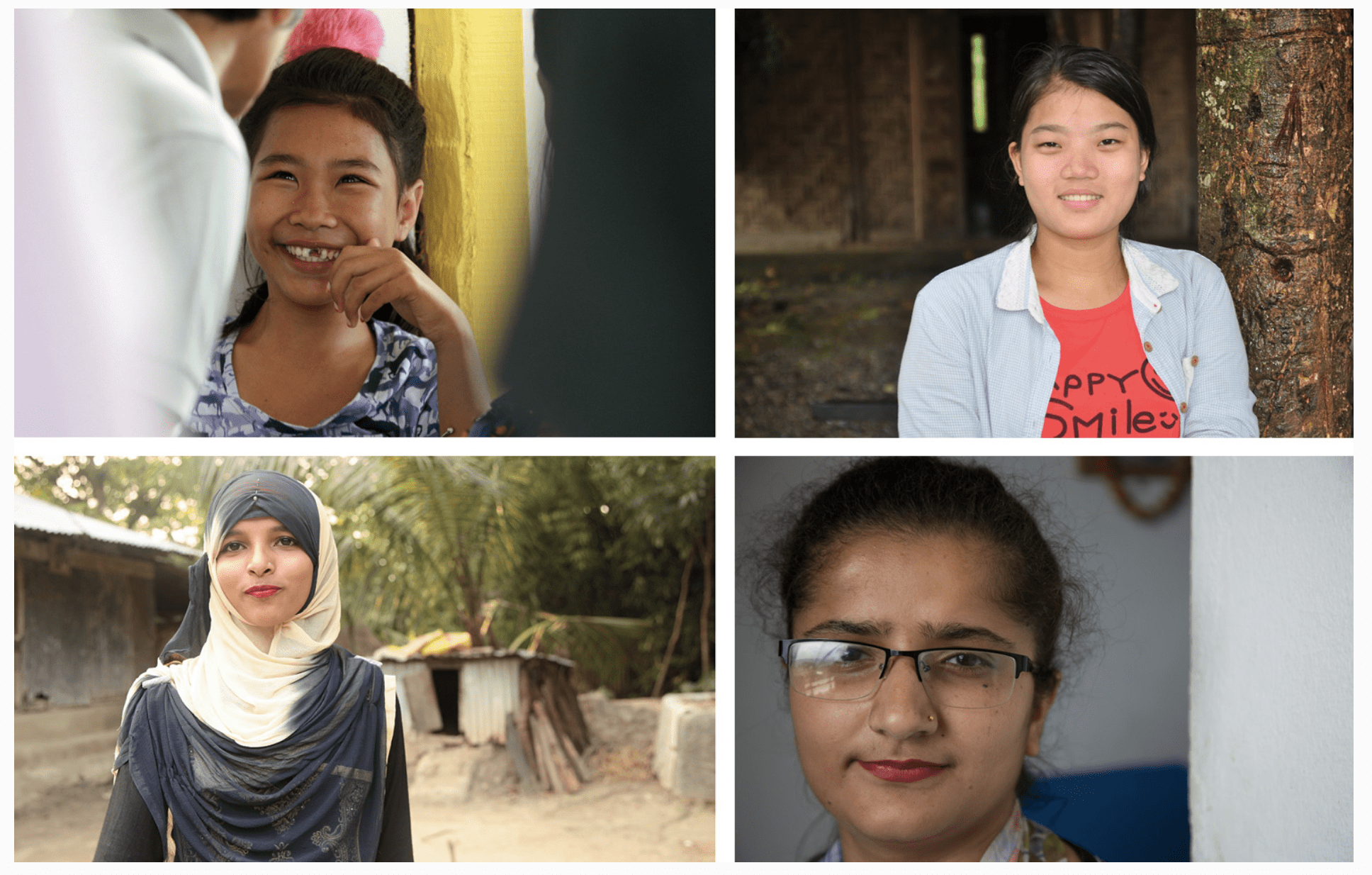In times of crisis – caused by disaster, conflict or the effects of climate change – girls face particular risks, violations and vulnerabilities just because they are girls. That is why today’s International Day of the Girl is drawing global attention to the challenges girls face before, during, and after emergencies through the theme ‘EmPOWER girls’.
EmPOWER girls is highlighting the actions of empowered girls around the world to help themselves and their communities affected by conflicts, disasters or epidemics. The millions of girls born into emergencies around the world could spend years – if not decades – of life in an emergency setting.
Providing girls with the services and safety, education, skills and resilience they need in daily life can reduce the risks they face when a conflict or disaster strikes. Girls, especially adolescent girls, need platforms to voice the challenges they face in everyday life and explore the solutions that work for them so they can build better futures for themselves and their communities.
Take a look at how UNFPA, UNICEF and IPPF work with partners work to help empower girls in different emergencies throughout the region.
Knowledge, empowerment in Kachin State: Bawk Mai, Myanmar
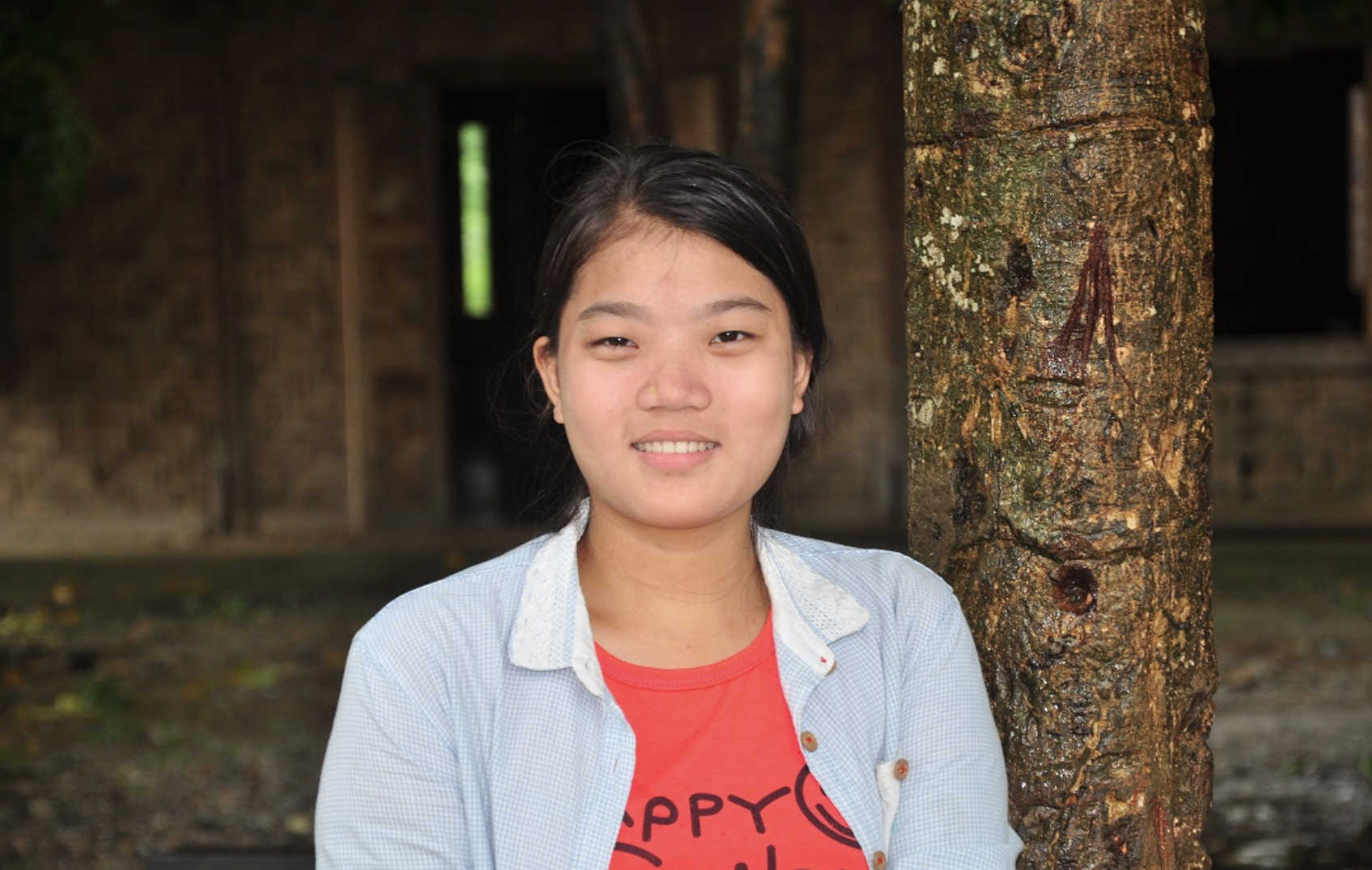
Bawk Mai, 15, in Rakhine State, Myanmar. ©UNICEF Myanmar/2017/Villar
When civil armed conflict erupted on the doorstep of Nam Sam Yan village in 2011, 11 year old Bawk Mai and her family were moved to a camp for internally displaced people. They haven’t returned home since.
At 15 Bawk Mai had her first period knowing little about what was going on. “I was shocked, surprised, and too shy tell my mom,” she said. “I shared it with my cousin and asked her advice. She gave me a pad and guided me on how to manage it. It was such a relief!”
In Myanmar it is still uncommon to talk about menstruation. Bawk Mai was lucky to have help but when she moved to a boarding school away from her family, Bawk Mai struggled to deal with her menstruation.
She feared boys might see her longyi – Myanmar traditional skirt – occasionally stained and, unable to afford pads, often didn’t have the privacy to clean the cloths she used. “I didn’t feel comfortable during my periods,” she said.
Thousands of displaced girls like Bawk Mai in Kachin see their privacy and safety compromised on a regular basis. That’s why small interventions can make a big difference.
In 2016 Bawk Mai received menstrual hygiene management awareness sessions from volunteers of the local organisation Colourful Girls, supported by UNICEF. “I came to understand other girls facing the same situation and understand what they are going through,” she said. “I learned to manage my menstruation by noticing physical changes in my body before periods, as well as the importance of talking to other girls to share knowledge with them.”
Some of the challenges that girls face concerning menstruation during emergencies including a lack of places to obtain sanitary protection materials and lack of facilities to wash, dry or dispose of them. In 2016, UNICEF provided menstrual health and hygiene materials to girls and women in emergency situations in 31 countries, reaching almost 1 million women and girls
Turning the tide on violence against women and girls in Bangladesh
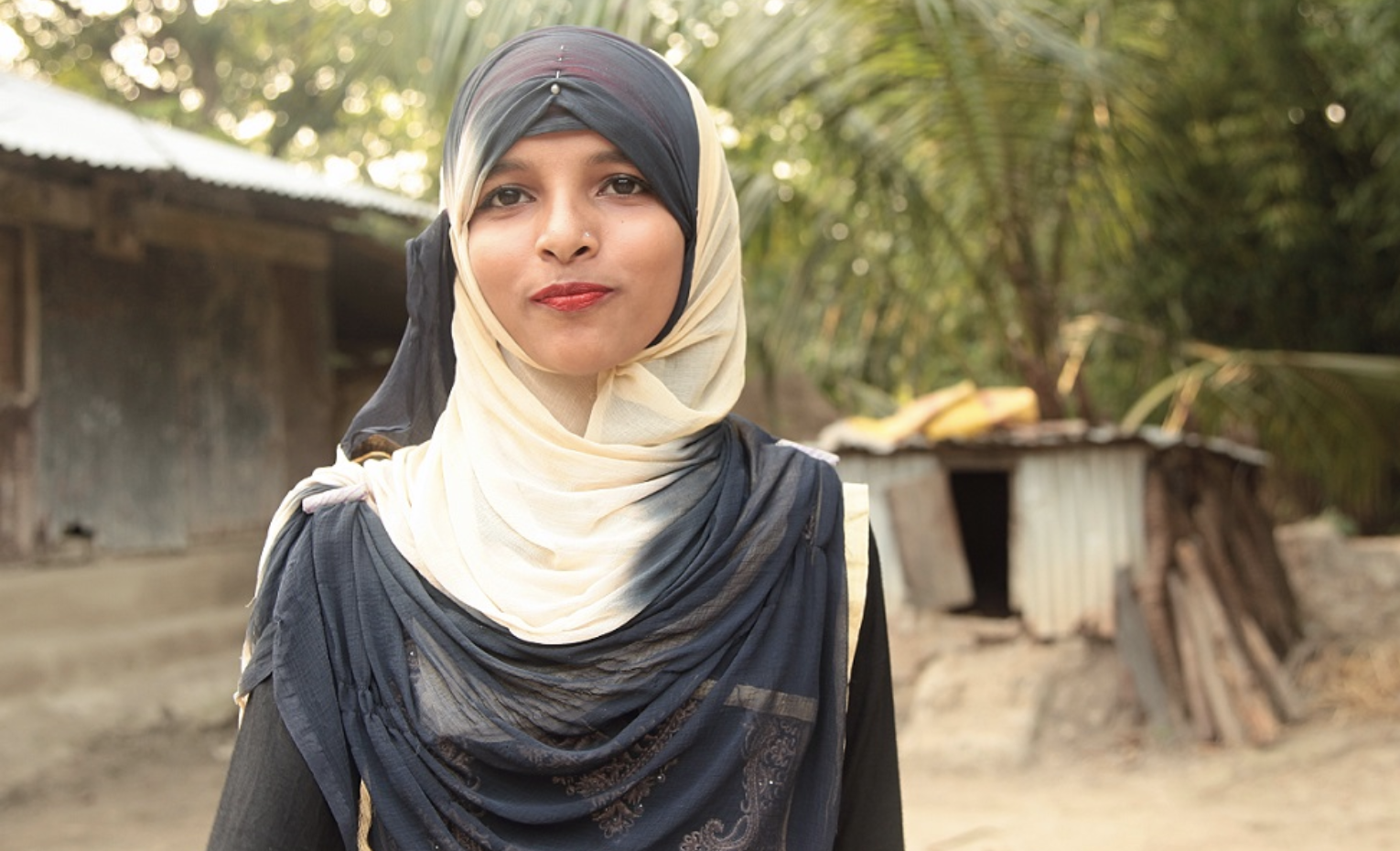
Zakia Sultana (14) tours remote villages to raise awareness of the dangers of child marriage through dialogue, drama and education. ©UNFPA/2017/Matthew Taylor
The roots of violence against women run deep in Bangladesh, where a national survey has indicated that half of all women suffer some form of violence in their lifetimes.
And the violence takes many forms – family and domestic violence, trafficking, sexual and gender based violence and harmful practices like child marriage and Female Genital Mutilation.
But inspiring young girls like Zakia Sultana (14), a student and activist in the southern district of Barguna, may just be turning the tide.
With a team of educators, activists and entertainers, she tours far-flung communities to let people know of the dangers of violence against women, and how child marriage robs girls of their futures.
“With our street drama, we show that there should be no discrimination between girls and boys,” she says. “We’re all human, so we should strive to be better humans first of all.”
Zakia’s team get support from the UN Population Fund’s (UNFPA) flagship youth project in Bangladesh – Generation Breakthrough.
Generation Breakthrough works through 150 schools, 150 adolescent clubs and 50 religious schools to help adolescents build healthy, happy and rewarding relationships.
The team also use social media, competitions and community outreach to engage more young people, and ensure they shun violence against women and girls – for good.
After the earthquake: youth volunteers leading to conversation on HIV in Nepal
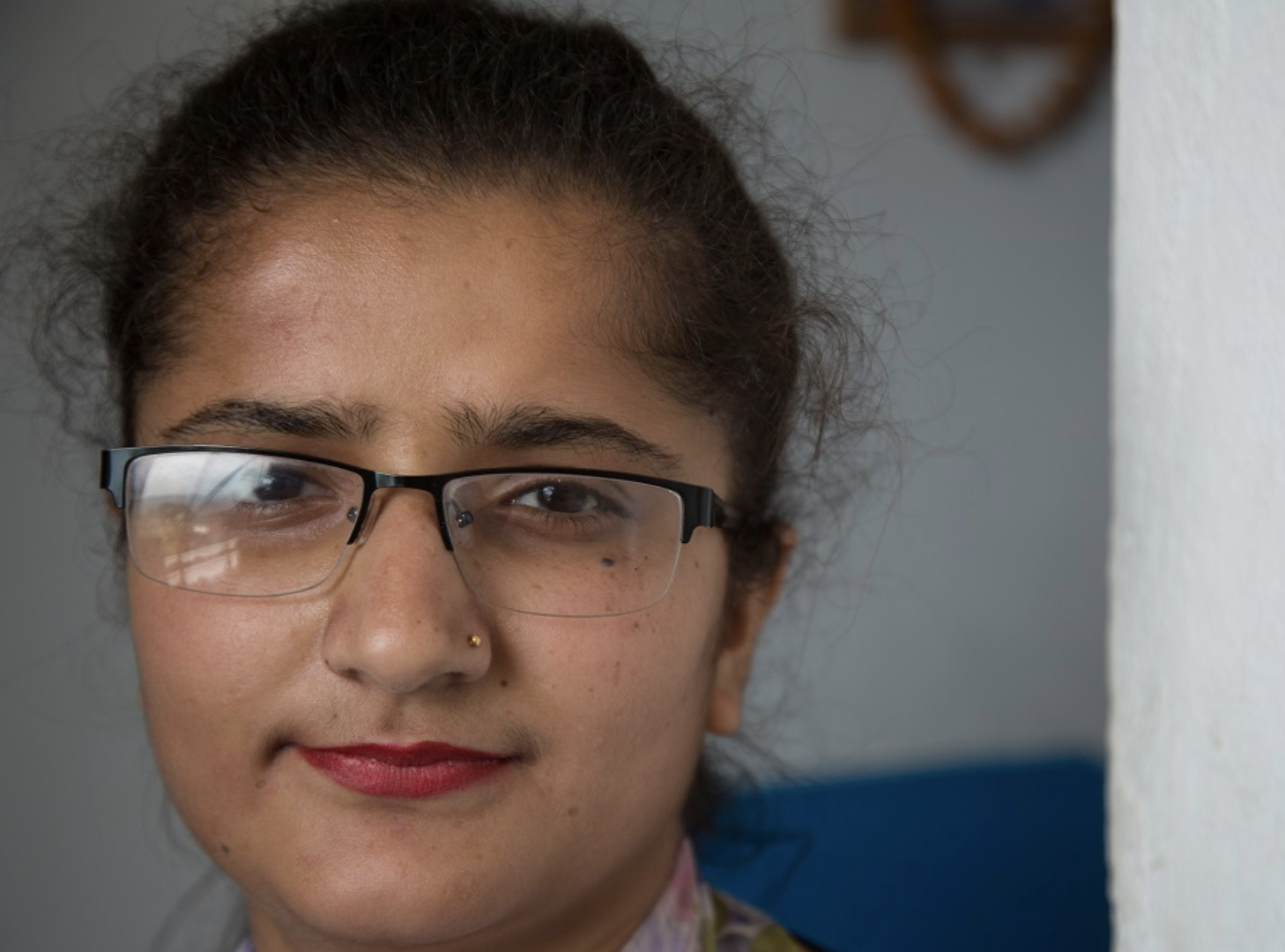
Peer educator and youth award winner Mala Neupane. IPPF/John Spaull/Nepal
Mala Neupane is just 18 years old, but is already an experienced volunteer for the Family Planning Association of Nepal (FPAN), a member association of the International Planned Parenthood Federation. Mala lives in Tansen, an area badly affected by the 2015 earthquake, working as a community home-based care mobiliser focusing on HIV and travels to nearby villages to share information about HIV and contraception.
“Before, the community had very little knowledge regarding HIV and there used to be so much stigma and discrimination,” she says. “But later, when the community health based carers started working in those communities, they had more knowledge and less stigma.”
Mala’s young age proved an effective tool during her conversations with villagers. “At first, when they talked to people about family planning, they were not receptive: they felt resistance to using those devices,” Mala explains. “Us volunteers said to them: ‘young people like us are doing this kind of work, so why are you feeling such hesitation?’ After talking with them, they were then ready to use contraceptives.”
Her age is also important for connecting with young people, in a society of rapid change.
“Because we are young, we may know more about what young people’s needs and wants are,” she says. “We can talk to young people about what family planning methods might be suitable for them, and what the options are.”
“Young people’s involvement in volunteering is very important to helping out other young people like us.”
After the conflict: Sabrina, Philippines
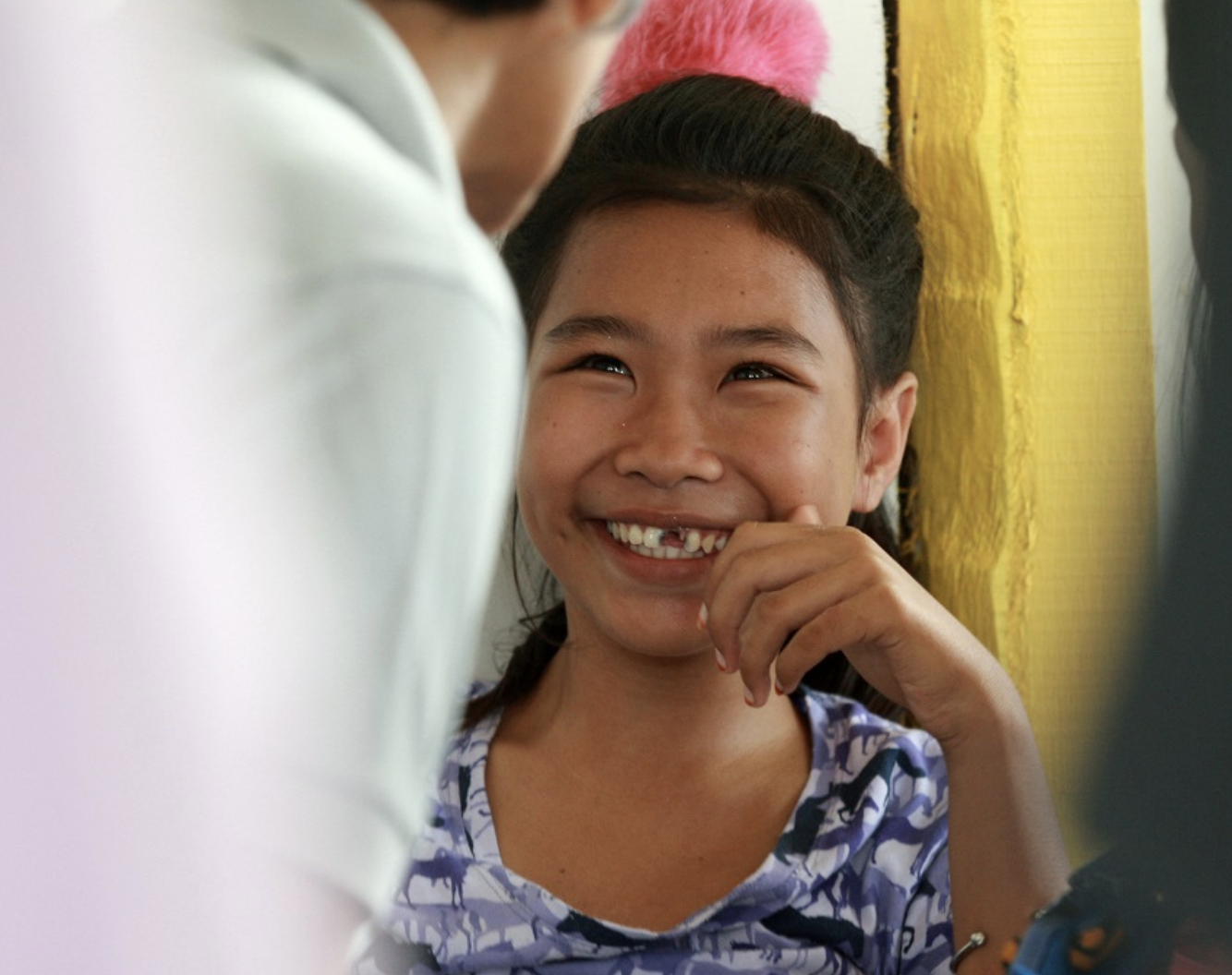
Sabrina Jaji, a youth focal point of Bugok Transitory Site, is seen inside a daycare centre at Bugok Bugok Transitory Site in the southern Philippine city of Zamboanga UNICEF Philippines/2015/Jeoffrey Maitem
Sabrina was in Grade 6 at the time of the 2013 siege in Zamboanga, Philippines, which sent 10,000 families homeless and helpless during an armed conflict. After days of hiding in the bushes, families moved to a sports stadium-cum-evacuation centre. Living conditions however were extremely poor and in many instances dangerous. There were many reported cases of rape and bullying; some of the victims were Sabrina’s friends.
Violence, including sexual violence, school-related gender based violence and child marriage, is a health, human rights and protection issue that occurs at every stage of a conflict, and may become more acute in the wake of a disaster. The victims are usually women and adolescents, whose vulnerability is exacerbated in the chaos of a crisis.
With UNICEF’s support, many girls like Sabrina received psycho-social support to help them cope with the impacts of the conflict and to learn about their rights to protection and health.
“I learned about dealing with unsafe touches and gender-based violence; and a lot about the rights of children,” she said. “I just want to be safe; now knowing about the rights I have, I know I should be protected as a girl and as a child.”
Sabrina also joined UNICEF’s ‘Creating Connections’ life-skills workshops where she has become a peer facilitator to her fellow ethnic Badjao youth. “I’m just happy they treat me like their ‘Ate’ [big sister], that they listen to me,” she says of her new role. “It feels good that I’m able to help keep them out of trouble.”
Over 2,000 children and adolescents received psycho-social support by late 2015, with an additional 1,300 joining ‘Creating Connections’.

